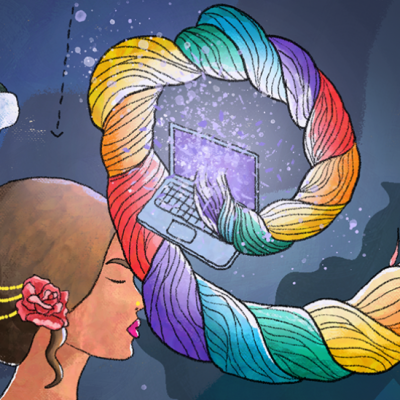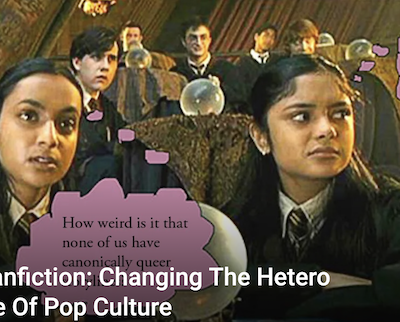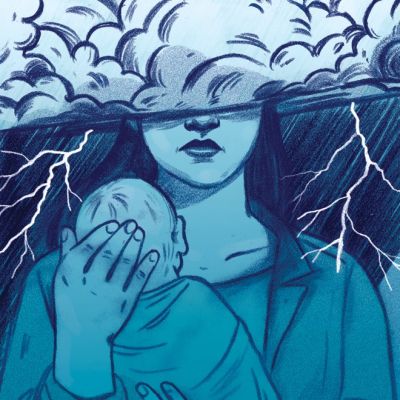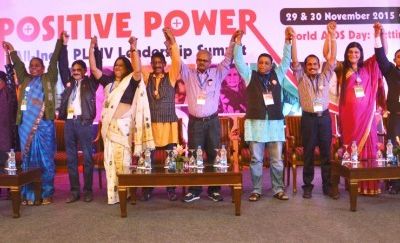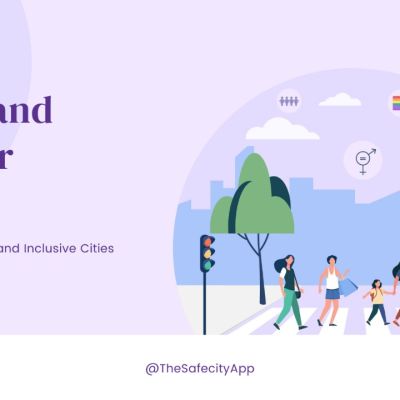Blog Roll
This post was originally posted here. By A. Salman May 27, 2021 — “I really lack the imagining of a…
This article was originally published here. I read my first piece of fanfiction at the age of fifteen. It was…
Five students from Pune have drafted a law to protect ‘inter-caste and inter-religious marriages’ from crimes such as honour killings….
Sexting is ALL about consent. Consent to RECEIVE a sext, consent to portray yourself in one. Keep this in mind, because one of the reasons sexting receives such a bad rap is because of what might happen after – dissemination of intimate images and content WITHOUT CONSENT.
Sex workers also are renowned for being educators – teaching people about safer sex practices and letting them explore their sexual expression in a safe and supportive environment. Seeing a sex worker can assist in one’s rehabilitation, allowing people to rediscover their sexual functioning after an accident and also learn to adapt to new sexual positioning with their new limited mobility.
Around the world, LGBTQ+ activists, queer ‘sex-positive’ feminists, sex-workers, artists and educators are leading the charge against the increasingly complex webs of regulation and censorship of sexuality online, where corporate policies intersect with restrictive state law.
As depicted in various forms of media, society has unrealistic expectations of how mothers and motherhood should be – enamoured by their babies, to feel only happiness at being a mother, being completely focused on their babies, living in the ‘glow of motherhood’. Being depressed is simply not seen as an acceptable response.
Posted By Roseline Kihumba at 12:34, 04 March 2015 There was yet another opportunity for the HelpAge network to take…
On the occasion of World AIDS Day 2015, I could not help but ponder on what the day means to…
I’m convinced we’re having the wrong conversation around digital porn. If we really want to have a meaningful conversation around porn, it’s time we stopped talking about its imagined harms. It’s time we started talking about actual harms. It’s time we started talking about the fault lines of consent.
By Karthik Shankar This post is part of TARSHI’s #TalkSexuality campaign on Comprehensive Sexuality Education in collaboration with Youth Ki Awaaz. It was fifth grade;…
Stress, burn out, uncontrollable emotional outbursts, depression, anxiety, migraines and cancer, are some of the effects that human rights defense work has on women human rights defenders (WHRD)s around the world, and the ones that often make them quit their important work. AWID spoke with Jessica Horn, Senior Advisor for the African Institute for Integrated Responses to Violence Against Women and HIV/AIDS (AIR) about the politics of self-care and well-being for WHRDs.
they say my body is broken they look at me with pity but little do they know when i scream…
This post was originally posted here. By Nivea Jain September 30, 2021 — While the social dimensions of gender inequality…
This article was originally published in Feminism in India At the age of eight, dresses became scarce in my cupboard….

